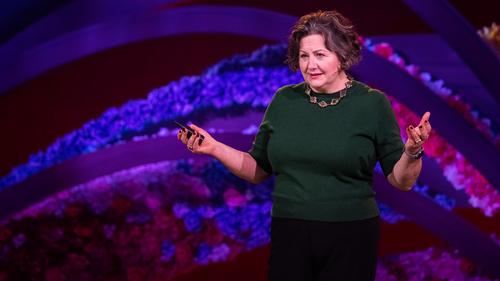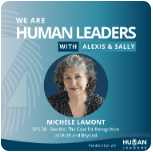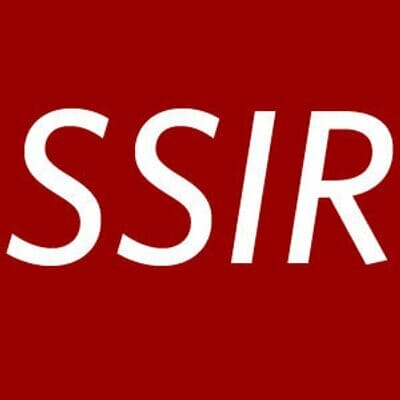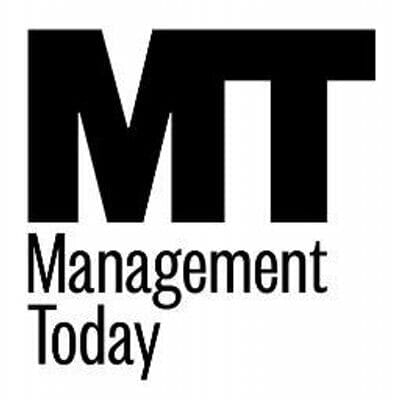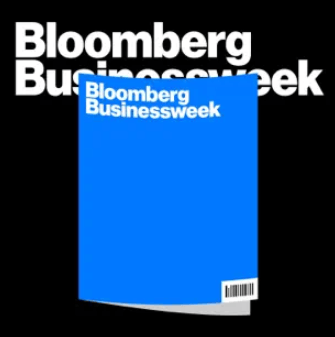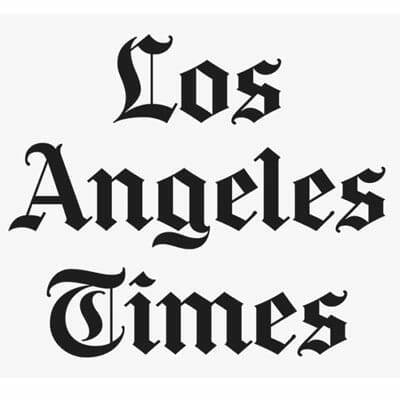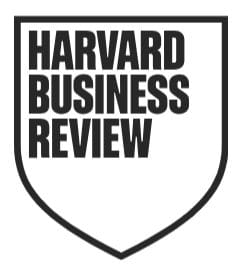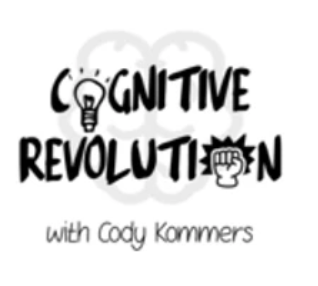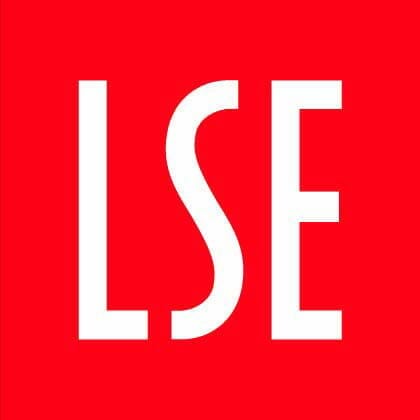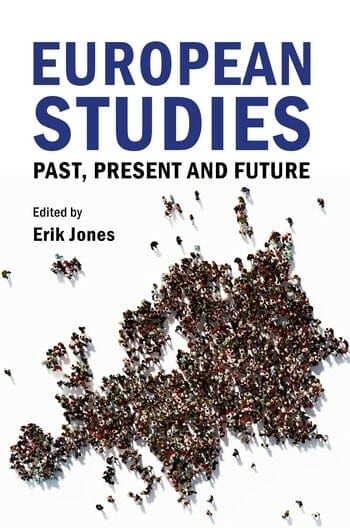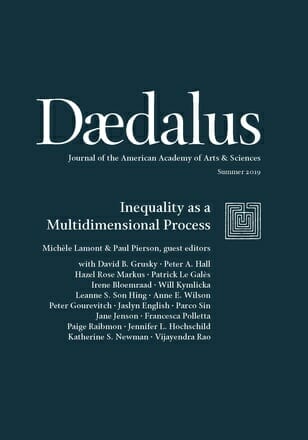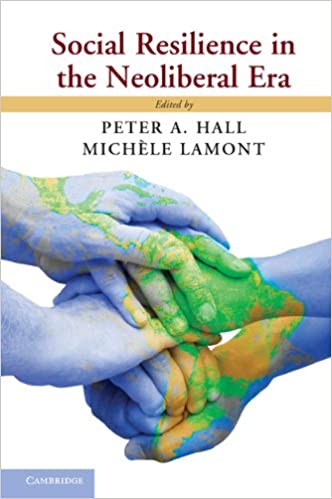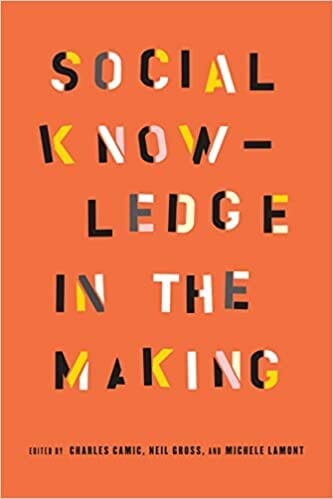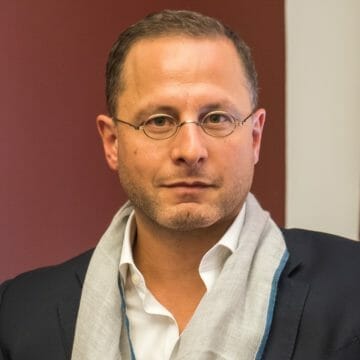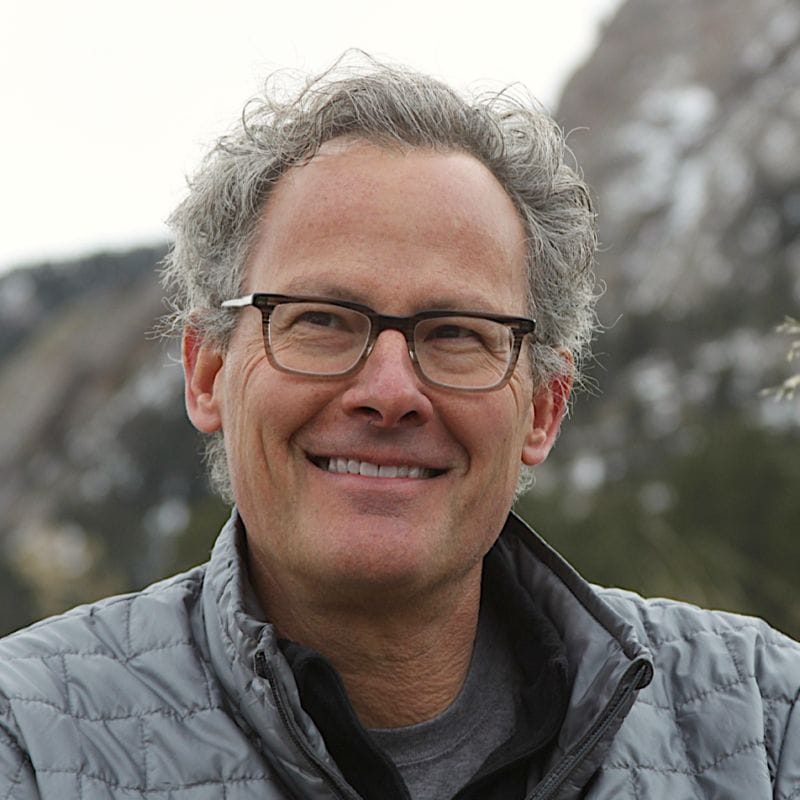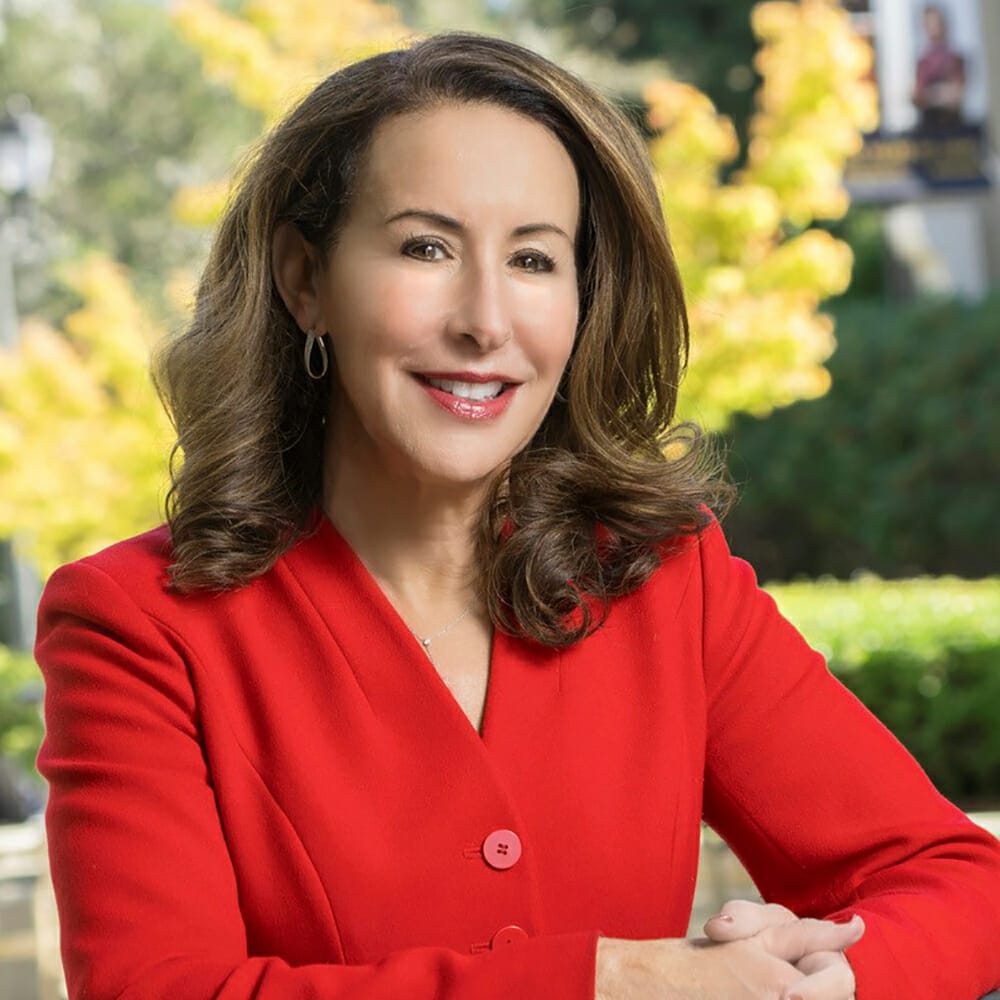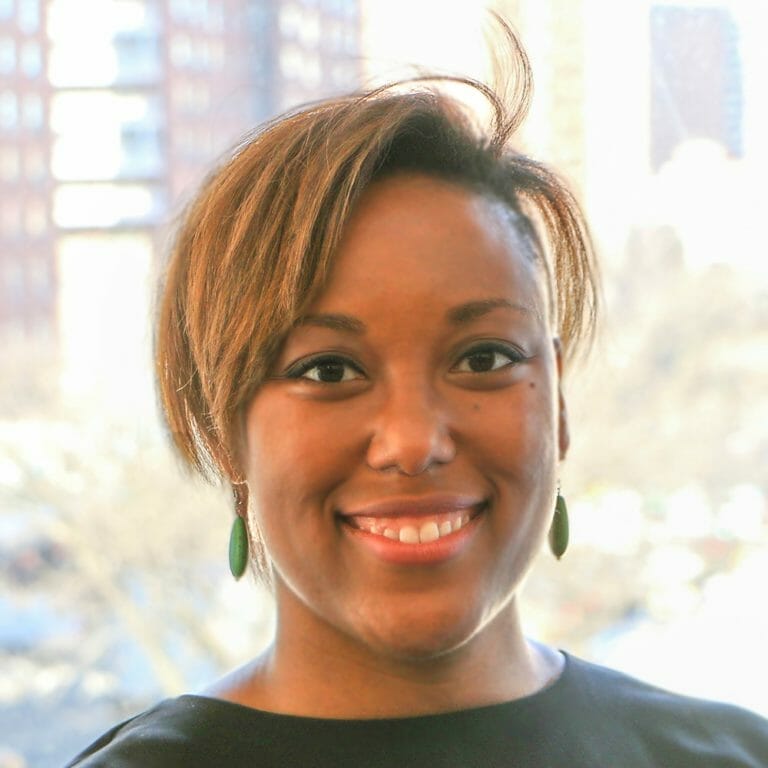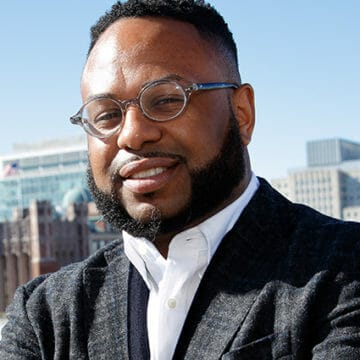Videos
Learn More About Michèle Lamont
As the adoption of artificial intelligence spreads across the business world, Harvard University professor Michèle Lamont, Ph.D., says there’s something vital humans can give to each other that machines cannot – recognition.
Currently working on a new book tentatively titled “Recognition Globally,” Lamont is author of “Seeing Others: How Recognition Works ― and How It Can Heal a Divided World” (Simon and Schuster, September 2023) and a pioneer in the study of cultural and comparative sociology. A professor of sociology and African and African American Studies and European Studies, she explains that we all seek recognition, and if we want people to be more committed at work we have to create empowering environments where people feel more valued. “Seeing Others” offers leaders and employees the tools to put themselves in a safe context, allowing frank discussions about the lack of recognition without assigning blame.
Through her 40 years of research and deep investment into topics such as worth, dignity, respect, and recognition, Lamont offers organizational leaders a unique, non-partisan perspective into cultural dynamics at work, including how to make group boundaries more permeable. She shows how organizations can create conditions where dignity, equality, respect, trust, inclusion, and destigmatization are actively promoted and ensured so people can do their best work and be their best selves. By creating sustainable workplaces with committed employees, retention, collaboration, and productivity are all boosted.
Redefining The Workplace to Be a More Sustainable Environment
In an age defined by growing inequality and increasing pessimism, Lamont says we’re in a moment of crisis and people are looking for hope. To achieve that, she urges leaders in particular to redefine the workplace in a way that is sustainable by creating an environment where workers want to be there.
To do so, Lamont advises leaders to think about work more holistically. While in its simplest terms work is a way to earn money, her research shows that we crave much more than just a paycheck from our jobs.
“Most people think of work as something that gives you money, which gives you the tools to do other things in life,” explains Lamont, chair of Harvard’s Weatherhead Research Cluster on Comparative Inequality and Inclusion. “But research really shows that what people seek at work is not only money but also meaningful relationships. Therefore, if we want people to be more committed to work, we really have to figure out how to engineer collective environments which are more empowering and where people feel more valued, leading to positive relationships both at and outside of the office.”
A Different Approach to Work for the Employees of Tomorrow
In “Seeing Others,” Lamont outlines a framework for creating successful workplace cultures for both the present and future.
The first step is to create a more inclusive setting in which people can live authentically, which fosters a sustainable workplace with committed employees.
Next, Lamont points to the power of narratives to bring visibility and acceptance of diverse experiences, with an emphasis on what we have in common. This allows people to redefine the frames through which we perceive others, better relate as human beings, and recognize a hopeful message in the changes that are already taking place in society.
Finally, she emphasizes the importance of recognizing the values and unique characteristics of younger generations.
“There are huge intergenerational contrasts between Boomers, Millennials, and Gen-Z,” explains Lamont, who co-chaired the advisory board to the 2021-22 UN Human Development report, “Uncertain Times, Unsettled Lives: Shaping our Future in a World in Transformation.” “With the workers of tomorrow now starting to enter the job market, you have to understand what they’re seeking and approach work differently for them to be fully engaged in it. Otherwise, it will be challenging to retain them.”
Lamont’s qualitative, interdisciplinary research empowers leaders to foster social resilience, recognition, dignity and trust, leading to enhanced workplace culture, employee retention, collaboration, and productivity, which extends to society as a whole. By engaging in a collective reflection about how to create workplaces that value all, she provides the lenses for leaders to understand the role recognition plays in our lives, both professionally and personally.
“I am glad to see young adults and agents of change promoting destigmatization, but organizations can play a powerful role in expanding recognition to the largest number of citizens,” Lamont explains. “By becoming more inclusive we also invite in more ideas, strengthen teamwork and build trust. It is our moral obligation to ensure people feel part of the greater whole at work, in their communities and in the world.”
###
Michèle Lamont is the Robert I. Goldman Professor of European Studies and professor of sociology and of African and African American Studies at Harvard University. She co-chaired the advisory board to the 2021-22 UN Human Development Report, “Uncertain Times, Unsettled Lives: Shaping our Future in a World in Transformation.” From 2014 to 2021, Lamont served as director of Harvard’s Weatherhead Center for International Affairs and now leads its research cluster on Comparative Inequality and Inclusion.
Lamont has conducted extensive research on the corrosive effects of stigmas, including how various stigmatized groups have responded to exclusion in the United States, Europe, Brazil and Israel. Conversely, she also examines success stories, pointing to a reduction in stigmas around obese people, African Americans and people with HIV/AIDS.
Recent honors include being awarded the 2024 Kohli Prize for Sociology, a Carnegie fellowship (2019-2021), a Russell Sage Foundation fellowship (2019-2020), the 2017 Erasmus Prize and honorary doctorates from six countries. From 2016 to 2017, Lamont served as the 108th President of the American Sociological Association.
Michèle Lamont is available to advise your organization via virtual and in-person consulting meetings, interactive workshops and customized keynotes through the exclusive representation of Stern Speakers & Advisors, a division of Stern Strategy Group®
Seeing Others: How Recognition Works―and How It Can Heal a Divided World
How can we practically evaluate the meaning of achievement, the calculation of worth, and what we have come to value? According to renowned Harvard cultural sociologist Michèle Lamont, dignity is directly connected to the extent to which a person is seen by others. In this engaging presentation, Lamont draws from her book, “Seeing Others” (2023), to take a broad perspective in describing how we can and ought to shape our “scripts” of success to the benefit of generations to come. She illustrates how we judge ourselves and others in terms of self-reliance, competition, accomplishment, and wealth. In an era of growing inequality, these narratives loom larger than ever. Audiences will learn how narratives help to reduce stigma and put change within reach at the emotional, social, and societal levels, making dignity a vital ingredient of every social interaction on the street, with agents of change, and in the halls of power.
A Framework for Successful Workplace Cultures
With inequality, bias and stigma increasingly impacting how people relate within society, building a workplace culture of inclusion and dignity is vital. According to renowned Harvard cultural sociologist Michèle Lamont, workplaces where recognition, trust, and dignity are key can be built. In this revealing presentation, Lamont draws from her book, “Seeing Others” (2023) to outline a framework for creating successful workplace cultures. From building an inclusive environment where people can live authentically to understanding the values and needs of multiple generations that are in the workforce or soon to enter it, leaders will learn to create sustainable workplaces with committed employees, boosting employee retention, collaboration and productivity.
Looking for Hope in a Moment of Crisis
Between racial tensions, inequality, and the spread of misinformation, the feeling that society has reached a moment of crisis is growing. But, according to renowned Harvard cultural sociologist Michèle Lamont, organizational leaders can help foster hope. In this eye-opening presentation, Lamont advises leaders to think about work more holistically. While in its simplest terms work is a way to earn money, her research shows that we crave much more than just a paycheck from our jobs. Audiences will learn how to engineer collective environments where employees feel recognized as a valued part of the greater whole, allowing them to bring the recognition and hope beyond their places of work and into their communities and beyond.
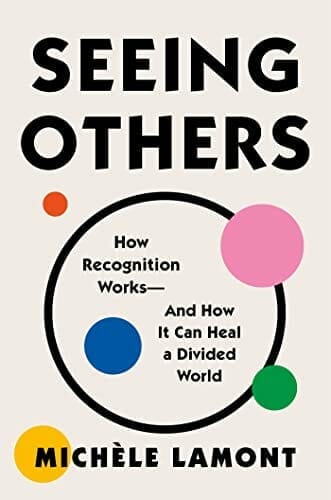
Seeing Others: How Recognition Works―and How It Can Heal a Divided World
(Atria/One Signal Publishers, September 2023)

Recreating a Plausible Future: Combining Cultural Repertoires in Unsettled Times
(Sociological Science, May 2023)

Human Development Report 2021-22: Uncertain Times, Unsettled Lives: Shaping our Future in a Transforming World
(UNDP - United Nations Development Programme, 2022)

How Can Cultural Sociology Help Us Understand Contemporary Chinese Society?
(The Journal of Chinese Sociology, 2018)
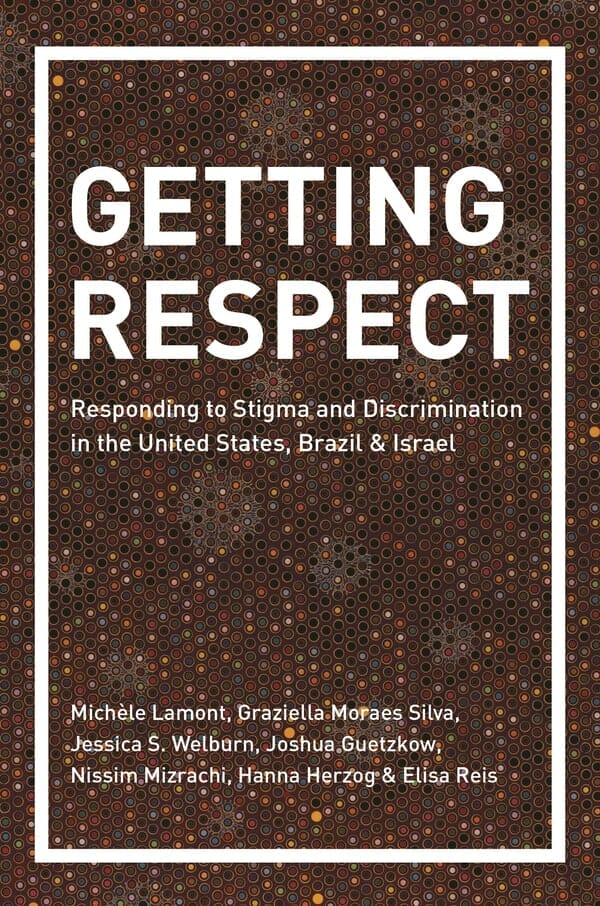
Getting Respect: Responding to Stigma and Discrimination in the United States, Brazil, and Israel
(Princeton University Press, November 2018)
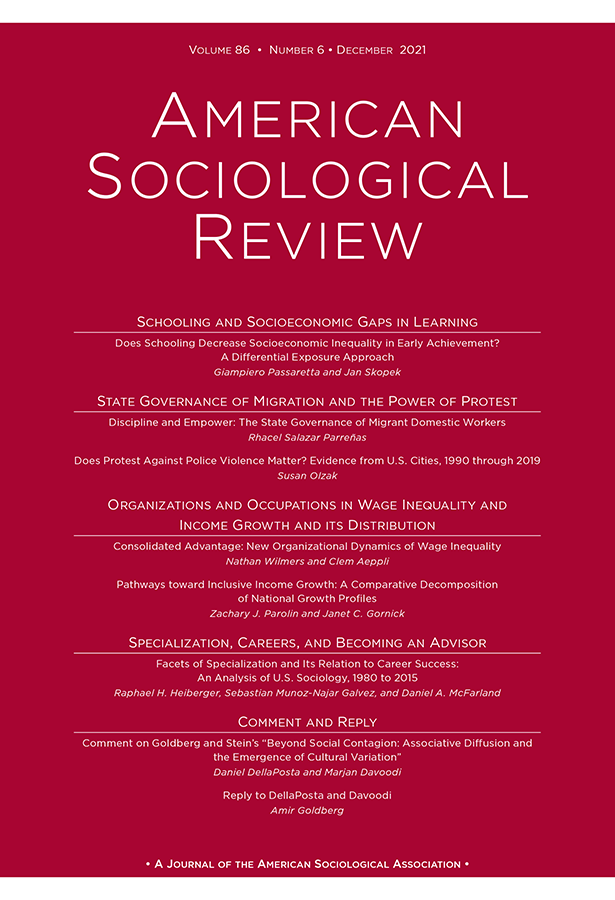
Addressing Recognition Gaps: Destigmatization and the Reduction of Inequality
(American Sociological Review, May 2018)
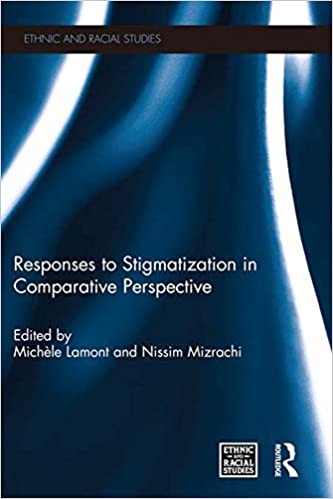
Responses to Stigmatization in Comparative Perspective (Ethnic and Racial Studies)
(Routledge, September 2012)

Money, Morals, and Manners: The Culture of the French and the American Upper-Middle Class (Morality and Society Series)
(University of Chicago Press, April 2012)
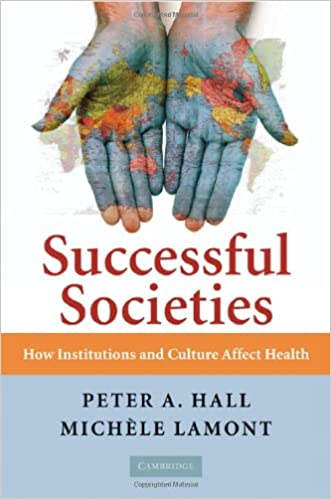
Successful Societies: How Institutions and Culture Affect Health
(Cambridge University Press, August 2009)

How Professors Think: Inside the Curious World of Academic Judgment
(Harvard University Press, July 2009)
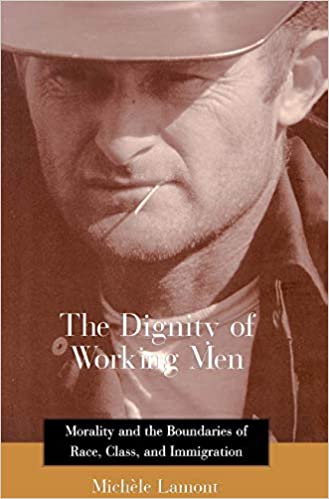
The Dignity of Working Men: Morality and the Boundaries of Race, Class, and Immigration
(Harvard University Press, June 2009)
Praise for “Seeing Others"
“Michèle Lamont is one of the most prominent analysts of culture and identity in the world today. In this new book she brings her expertise as scholar to a new role as public intellectual. She shows that asking how we see others and how they see themselves has important implications for inequality and for practical efforts to address that growing scourge of contemporary society.”
"Michèle Lamont's book 'Seeing Others' is so important for this time we're living through -- as our country grapples with changing ideas of "who matters" and how we can move to a more equitable and understanding nation. Her extensive research encompasses the intersectionality that is the key to making a better world for us all. A must read."
"Centering dignity in too often undignified times, Michèle Lamont has given us a powerful new lens for seeing each other, as a way toward seeing a better, fairer, and more just future for all. She achieves this brilliantly through an astonishing array of interviews with change agents across our social spectrum who understand the challenges of our moment and the potential for reframing them through narratives of radical inclusion. Meaningful healing, these pages reveal in compelling detail, must come through the universal recognition that everyone struggles, everyone dreams, everyone matters, and everyone wants to be seen. It is difficult to imagine a more timely and original work of social analysis, or one more welcome in these troubled times."
“Equality is not only about income, wealth and the power to decide about your own life. It is also and mostly about recognition and dignity, mutual respect and empathy, deliberation and participation. In this powerful new book, Michèle Lamont illuminates how recognition must be part of the post-neoliberalism agenda. A must-read!”
“Harvard sociologist Michèle Lamont has written a landmark book that unpacks how 'recognition chains' work in politics, culture, and in our day-to-day interactions with others. 'Seeing Others' will change the way you see the world, and yourself.”
Praise for “Getting Respect"
“‘Getting Respect’ brings a powerful comparative lens to understanding the experiences of disadvantaged minorities. With fresh data from the United States, Brazil, and Israel, Michèle Lamont and her colleagues sketch a rich portrait of responses to encounters with discrimination. This ambitious book reveals anew the deep complexity, contextual variation, and poignant human meaning of ethnoracial disadvantage. It is a must-read for all those interested in the contemporary dynamics of ethnoracial identities and struggles.”
“A stunningly successful comparative analysis of stigmatization and discrimination in the United States, Brazil, and Israel, ‘Getting Respect’ shows how cultural repertories and group boundaries that exist at the national level shape individual experiences of racism, self-worth, and respect. This book is a major addition to the study of race and discrimination and a huge contribution to macrocomparative sociology.”
“W. E. B. Dubois once asked, ‘How does it feel to be a problem?’ This ambitious, evocative book takes a comparative, decidedly international approach to offer a substantive answer. ‘Getting Respect’ is a rigorous social scientific attempt to think through what stigmatization feels like to the stigmatized and will be valuable reading for scholars and students alike.”
“Focusing on how victims of discrimination across countries protect their self-worth, ‘Getting Respect’ is a much-needed addition to the study of everyday racism. This book is a fascinating read, thick with information, and rich in contextualized explanations. It will be an excellent resource for education, community empowerment, and policymaking.”

